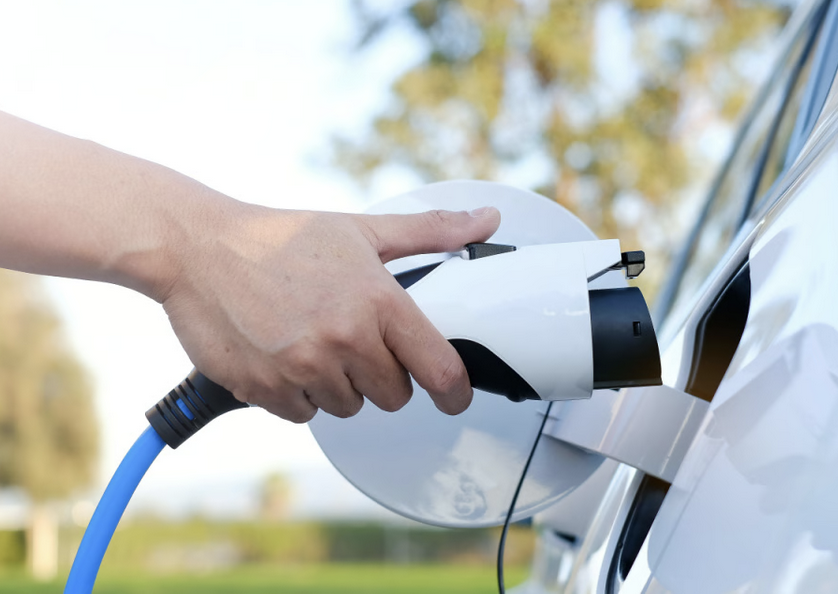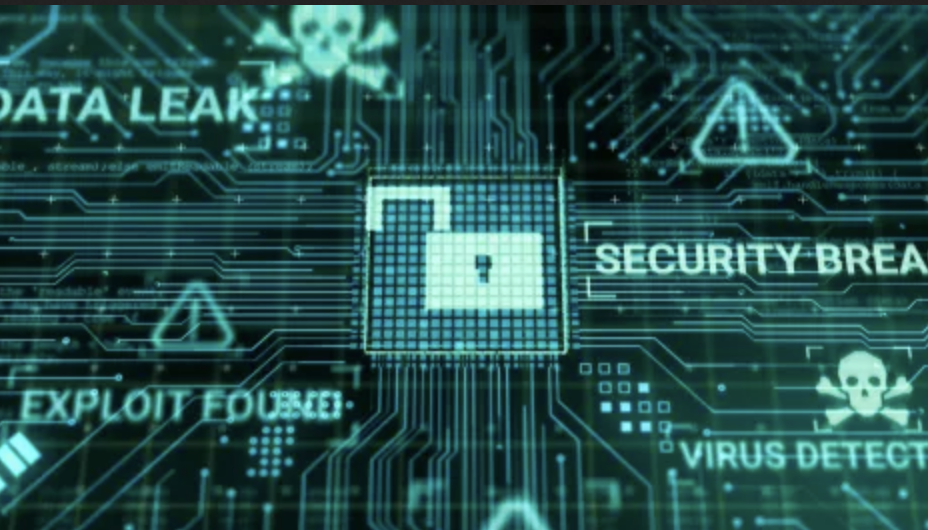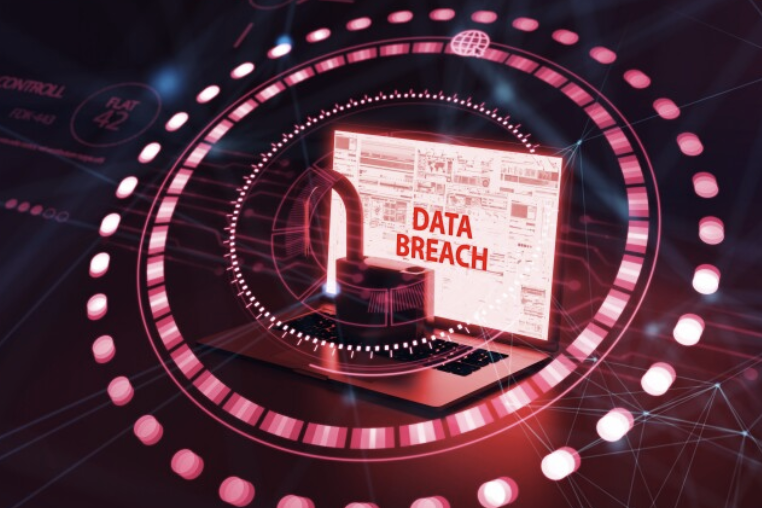As the automotive industry accelerates towards electric mobility, the proliferation of electric vehicle (EV) chargers has brought forth a new frontier of cybersecurity risks. EV chargers, embedded with sophisticated technology and connectivity features, are susceptible to various cyber threats that could compromise user privacy and security. From malware attacks targeting charger software to data interception during charging sessions, the vulnerabilities inherent in EV chargers present multifaceted risks that require careful attention and mitigation strategies.
Moreover, the hypothetical scenario of an EV charger installer experiencing a data breach amplifies the stakes even further. In this scenario, sensitive customer information, including names, physical addresses, and pictures of their homes, is compromised, posing grave privacy concerns and potential risks of identity theft. The exposure of invoices containing such detailed information exacerbates the severity of the breach, as cybercriminals could exploit this data for nefarious purposes, ranging from financial fraud to targeted phishing attacks.
The implications of a data breach extend beyond immediate financial losses, impacting customer trust, brand reputation, and regulatory compliance for the installer. Customers, trusting the installer with their personal information, may experience feelings of betrayal and vulnerability upon learning of the breach. Moreover, the installer may face legal repercussions and fines for failing to adequately safeguard customer data, violating data protection laws and regulations.
One reminder of this is the recent Qmerit data breach. Qmerit is a prominent EV charger company that has compromised customer and work order invoices. This breach has exposed sensitive information, including transaction details and service records, leaving customers vulnerable to potential privacy violations and financial exploitation. With invoices containing crucial data such as customer names, addresses, and payment information, the breach poses significant risks.
To mitigate the cybersecurity risks associated with EV chargers and data breaches, installers must prioritize robust security measures and compliance with industry standards. This includes implementing encryption protocols to protect data transmission, enhancing access controls to prevent unauthorized access to sensitive information, and conducting regular security audits to identify and address vulnerabilities proactively. Additionally, investing in employee training programs to raise awareness about cybersecurity best practices is essential in fostering a culture of vigilance and accountability within the organization.




